London's air pollution 'cost 9,400 lives'
- Published
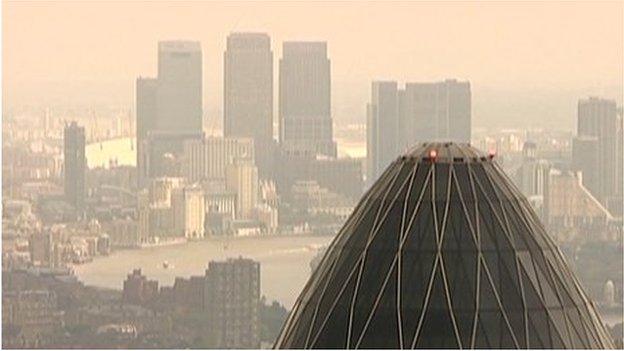
Much of the pollution is brought into the capital from the continent
Nearly 10,000 people died in a year as a result of air pollution in London, a study has found, external.
Experts from King's College London combined the effects of nitrogen dioxide (NO2) and a particulate matter known as PM2.5 to look at the total impact on the city's health in 2010.
The scientists said combining the pollutants "reveal a higher health impact than previously estimated".
Boris Johnson said the report proved that "bold measures" were needed.
The researchers, believed to be the first to combine the two pollutants, found that in 2010 there was the equivalent of 5,900 deaths associated with NO2 long term exposure and 3,500 deaths as a result of long-term exposure to PM2.5.
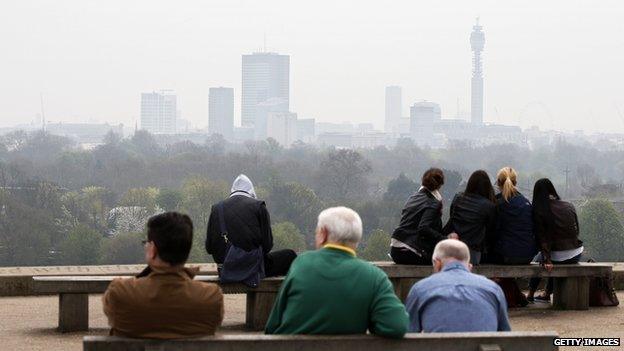
The number of deaths is expected to decrease as environmentally-friendly measures are brought in
The total amounted to 9,400 deaths, although it was noted those affected by PM2.5 had decreased from 4,300 in 2008.
The study also found that nearly half of those affected by air pollution had been the result of pollutants being brought into the city via diesel fumes or industrial emissions transported from the European continent.
Mayor of London Mr Johnson said: "I've been criticised for cleaning up taxis, upgrading bus fleets and my plans for the world's first Ultra-Low Emission Zone in 2020, but this study shows imperatively why these bold measures are required."
The scientists said they believed that figures would "decrease significantly" in the future.
Wendy Mead, of the City of London Corporation, said: "There is a strong desire from City businesses and residents to see a major improvement in London's air quality and green infrastructure."
On Tuesday the London Assembly called for plans to phase out the use of diesel vehicles in London after it was found the fuel accounted for 40% of the capital's air pollution.
- Published14 July 2015
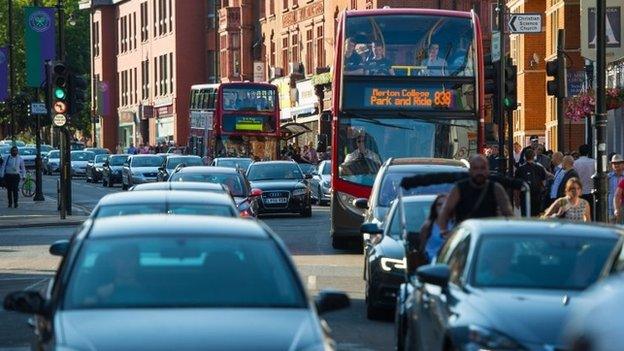
- Published13 February 2013
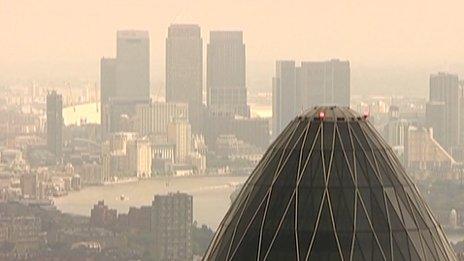
- Published29 April 2015
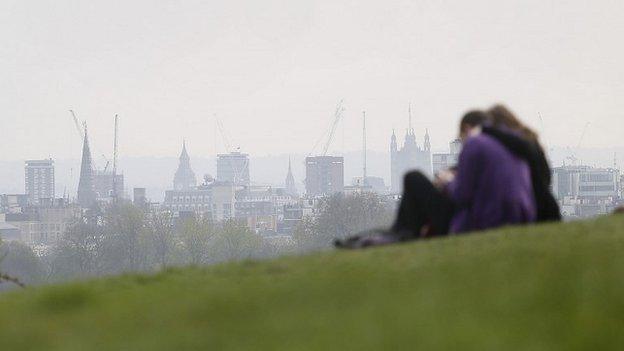
- Published5 December 2012
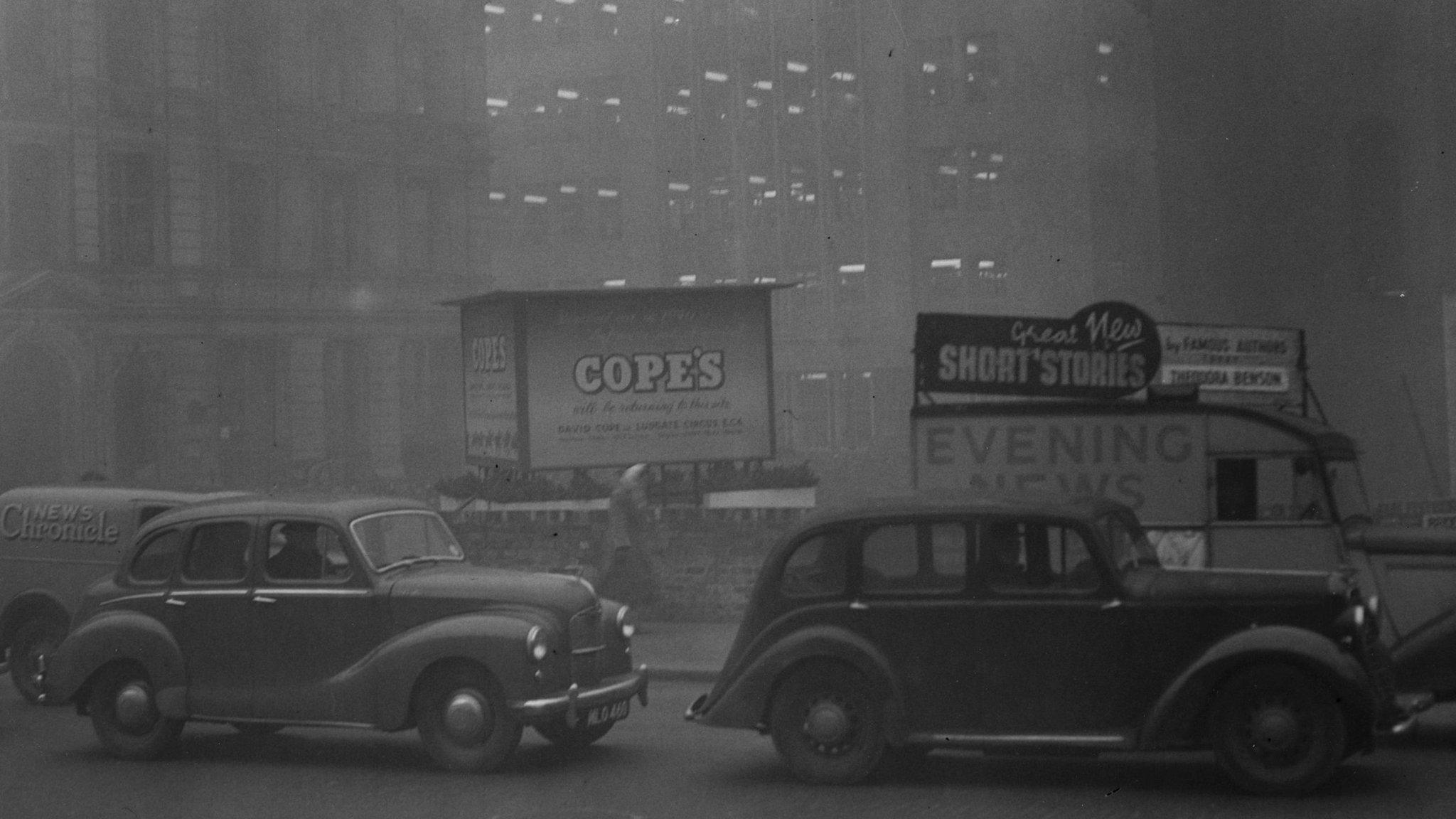
- Published6 December 2012
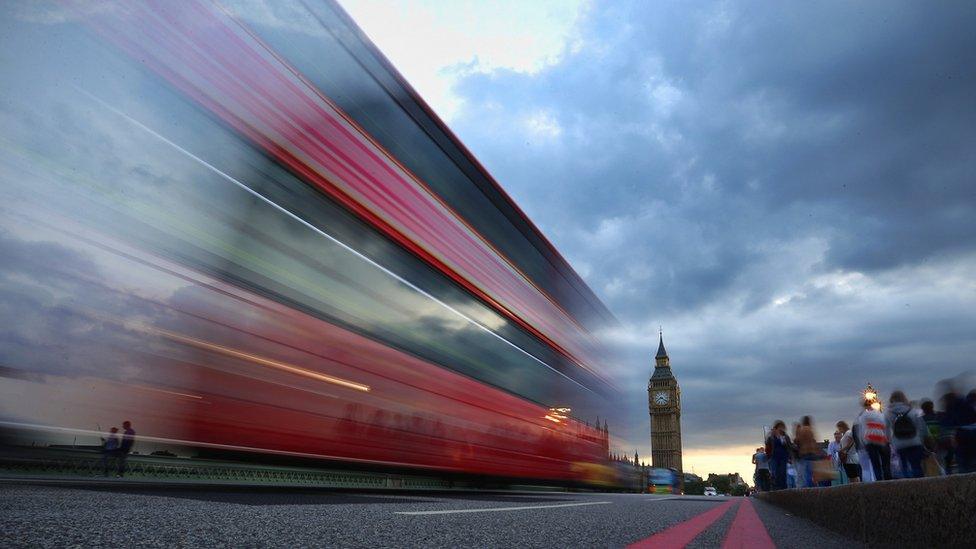
- Published10 December 2012
